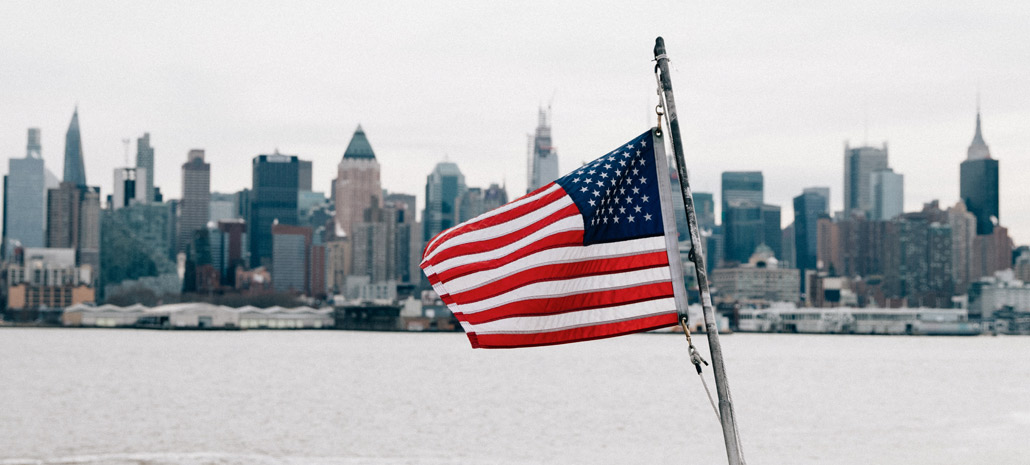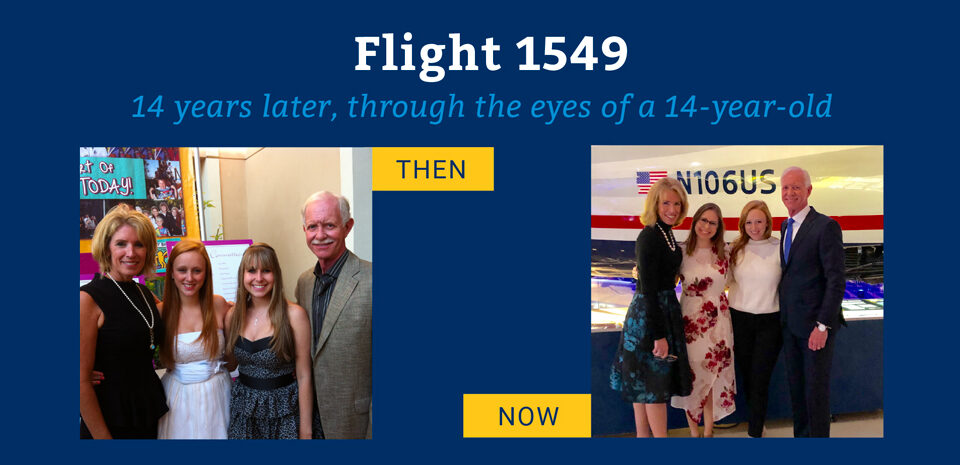This Crisis Demands Effective National Leadership. We Must Fill the Void.

Capt. “Sully” Sullenberger: Statement on Website/Safety Reliability Methods
March 13, 2020
Opinion: Ligado Is LightSquared Fiasco 2.0
August 8, 2020In my 53 years of flying, I learned not only the kind of leadership that is necessary in a crisis, but that leadership is what makes the difference between success and failure, life and death.
In aviation, we plan and anticipate, working hard never to be surprised by anything. Every takeoff in an airliner is planned so that if an engine were to fail at the worst possible moment, we would still be able to stop on the remaining runway, or alternatively, continue the climb safely. We prepare for the worst in every way. The same must be true in our public lives and in our nation’s government.
An airline captain is the pilot in command and is ultimately responsible for every aspect of the flight, for everyone, and for everything that happens on that flight. From my father, a Naval officer in World War II, I learned about the awesome responsibilities of command, that a commander, a leader, must take responsibility for and ultimately is responsible for every aspect of the welfare of those in his or her care. In other words, with great authority comes great responsibility.
I learned very early in my military service as an Air Force officer and fighter pilot, and as an airline pilot, that leaders must show that they trust and respect those they lead enough to tell them the truth, as hard a truth as it may be, but knowing that if we work together, we will get through this. And we must make important decisions based on facts, on the situation as we know it, and not on how we might wish it to be.
This requires what I call realistic optimism: simultaneously having the knowledge, skill and confidence to handle the challenge, while having a full and accurate appreciation of the risks. That’s where preparation comes in. The planning, organizing, training and logistics must be in place before the crisis begins. Once the crisis hits, time is the enemy, and any dithering, delay, or incompetence costs lives. The great leaders of our nation’s history knew to lead by example, to take responsibility, to have the strength and confidence to show empathy, to make the hard decisions and stick with them, and to serve a cause greater than themselves. And I must make this perfectly clear: showing empathy is not weakness, it is instead the power to care and connect to people.
It often seems that we live in a winner-take-all world; yet this pandemic shows us that there really are things that we owe each other as citizens. The concept of citizenship arose in ancient Greece and Rome, and includes not just rights, but obligations, the most fundamental of which is to contribute to the common good.
This pandemic is affecting everyone, but not in the same ways. Many will have sacrificed some; some will have sacrificed everything. Far too many people’s lives will have been changed forever, never to recover.
We will ultimately get through this crisis, whether it takes many months or years. When we do, it will be because even in a national leadership vacuum, some in Congress, state and local leaders, and ordinary people rose to the challenge and worked together, sharing sacrifice and inconvenience, and supporting those suffering terrible loss, not just because we are Americans, but because we are human.


